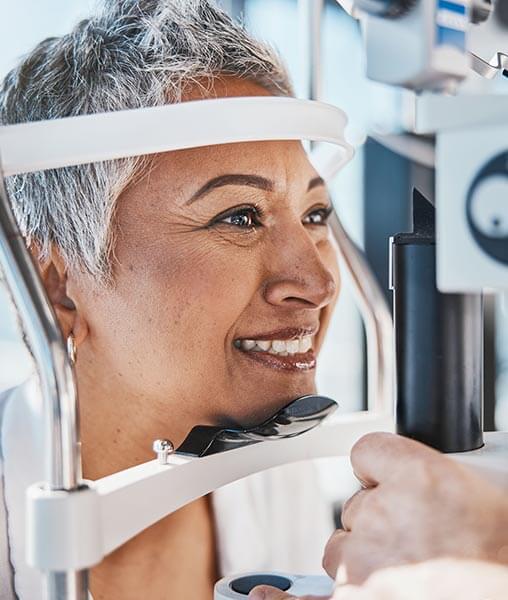Stem Cell Transplant

Between the clear part of the eye, which is the cornea, and the white part of the eye, called the sclera, is an area called the limbus, which is where stem cells are located. Think of limbal stem cells as “mother” cells; they help grow new corneal cells, which are vital to maintain healthy eyes and clear vision.
The very outermost layer of the cornea, the epithelium, continually sheds itself when cells age – a process very similar to the surface of your skin. The new corneal cells grown by the limbal stem cells make up the new epithelium. This process helps keep your cornea clear, which keeps your vision strong. The limbal stem cells can be severely damaged, most commonly due to inflammatory disease or chemical trauma in the eye, and this damage can significantly impair your vision. If the stem cells are too damaged, they will not be able to perform their function and continue growing new corneal cells, and the epithelium will not be replaced. In order to treat limbal stem cell deficiency, Drs. Schultze or Eden will perform a stem cell transplant to replace the stem cells.
During a stem cell transplant, limbal stem cells are taken from the patient’s healthy eye or the eye of a close family member. This procedure, if successful, will jumpstart the body’s production of corneal cells to improve your vision. It is possible for patients to reject the transplant, but this is a common complication and is treated easily with oral medication under the supervision of a specialist. The surgeons at Center For Eye Care Excellence are well-experienced in performing these transplants and are continuously researching to ensure that these new, but necessary, procedures improve and advance. There has never been a better time to obtain advanced eye care, and as our technology and knowledge progress, these procedures will become even more refined. At Center For Eye Care Excellence, we are leaders in our field, so you will always be able to receive the best and most advanced treatment, like a limbal stem cell transplant, here at our practice.

